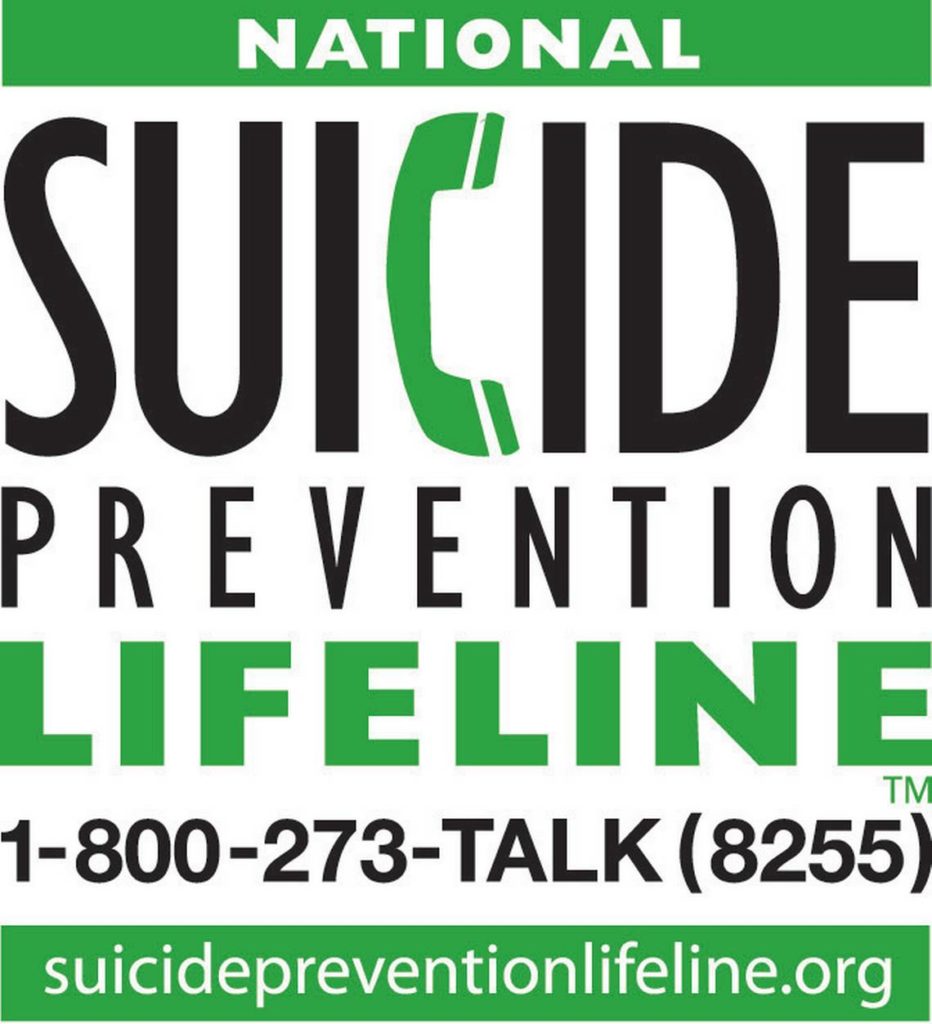There’s a wry variation on Martin Niemoller’s famous poem circulating: “First they came for the journalists, and I did not speak up, because I was not a journalist. We don’t know what happened after that.”
It’s not a fair analogy, of course. But it underscores the point: the only reason anyone knows what really happened today is because someone covered it. Without acts of journalism, you have only to rely on government press releases to know what’s happening and why. That goes for big things like “going to war,” and little things like, “my water rates are going up.”
If you’re reading this, I hope I don’t have to convince you of the importance of journalism. If, however, you still have doubts, I hope you will look just at the list of Pulitzer finalists released earlier this week, and click the links through to see some of the amazing and powerful work being done by journalists today.
So today is the SPJ Day of Giving, and I have personally donated. Usually I direct my donation to the Terry Harper Scholarship Fund, which funded my attendance at the 2010 Excellence in Journalism Conference. By the end of that conference, I had been nominated to the national Ethics Committee, and I continue to serve today. It is one of the greatest privileges of my career to serve the committee and SPJ, and it would not have been possible without the Harper Fellowship.
Today, however, I directed my donation to be used for whatever the Society’s most crucial need might be. The folks working at national are coping with staggering issues in our profession, from vast changes in infrastructure and methods that continually create new challenges for working journalists, to mass layoffs that erode confidence among the survivors and a shrinking membership, to an increasingly hostile public that seems to believe we are its enemy. I can’t imagine which of its many missions is most in need of support right now, so I hope they use my meager donation for the best cause.
Things that make me #SPJProud:
- The sheer number of scholarships, fellowships, internships and other financial support offered to students and members.
- The Legal Defense Fund provides direct assistance to small news organizations, freelancers and others in their efforts to fight government encroachment on the First Amendment and for open records and transparency.
- The training and webinars provide much-needed skills development and reinforcement for members who are increasingly being left without training by their newsrooms.
- The support, practical and otherwise, for journalists who have been laid off and must now find work and/or retraining.
- The advocacy in Washington and elsewhere to defend the profession against increasingly virulent threats, whether that is in discourse, in the courtroom, or in danger of physical harm.
- The accountability for our own profession, for advocating diversity in the newsroom and combating sexual harassment and unethical behavior, even when pointing out those transgressions could damage the rest of us.
And so, so much more. SPJ has given me so many opportunities for my career, far beyond that which I could have achieved alone. I have met some of the finest journalists in the country through SPJ, and I am proud to call them colleagues. I am proud to serve as president of St. Louis Pro, and to help my local colleagues through all the crises they face covering our fine city and region. I am proud to be a journalist, and to stand up for what it represents: voice to the voiceless, a challenge to the powerful.
I hope that if you are a journalist, you will consider joining SPJ, if you have not already done so. Give us a year to figure out if our resources are of use to you, and tell us what we aren’t offering so we can address it.
And I hope that if you support the First Amendment and want to see independent news informing you of what’s happening in your community and the nation and the world, you will consider donating to SPJ, either for the defense fund or the SDX advocacy funds such as Legal Defense.
Note: This column was cross-posted to STLSPJ.org.



